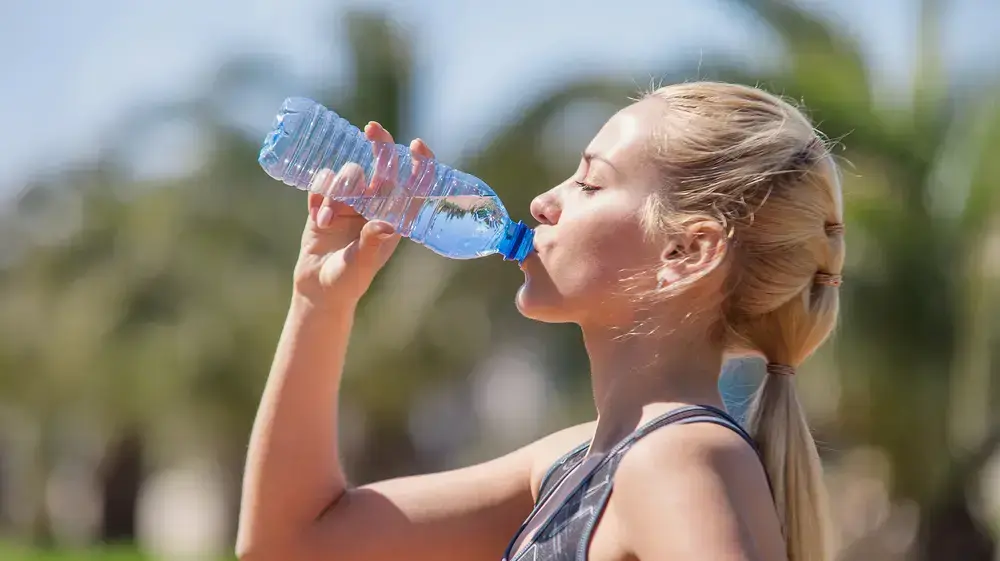Girls in search of water in the Argentine Norte Grande. Leandro Hernández / World Bank
Beneath their land lie more than 220,000 square kilometers of one of the largest freshwater reserves on the planet, the Guarani Aquifer.
Although rich in water, Argentina still needs improvements in its infrastructure, and access to water and sanitation to achieve its water security: that is, to have enough "blue gold" in quality and quantity for all uses (livelihoods, productive and environmental) in an accessible and sustainable way.
According to the World Bank report
Valuing Water,
the required investments in water security could increase the country's GDP by up to 2.7% by 2030.
Currently, water in Argentina is an important player in the economy.
It is essential for agriculture, which is the main source of foreign exchange earnings;
26% of energy is generated from hydroelectric sources;
More than 50% of industrial demand comes from sectors with a high dependence on water (food, beverages, chemical products), and 84% of exports leave by water, that is, through the Paraná-Paraguay waterway.
However, whether due to abundance or lack, water is also the protagonist of the most damaging climatic events in the country: floods (which represent 54% of the disasters caused by natural hazards since 1970) and droughts, one of the the greatest threats to the agricultural sector with average annual impacts of up to 3,000 million dollars.
It is also an important actor that perpetuates conditions of vulnerability and poverty for the 17% of the population that lacks water services, who often have to pay up to 460% more for the bottled product than they would if they were connected to the mains. network, according to the report.
Pollution, lack of coverage and supply, and climate variability (with severe and frequent floods and droughts) endanger water security.
Estimates presented in the study show that greater water security can reduce the economic cost of these failures by around 11.8 billion dollars.
More than half of this total annual amount reflects losses in quality of life, including effects on health and education, for people who lack access to clean water and sanitation.
Four keys to revalue water
How to rethink Argentina's relationship with "blue gold" and take advantage of its added economic, social, and environmental value?
“Investments alone are not enough, they must be accompanied by a series of improvements in the water governance and management system to make them effective and sustainable,” explains Klaas de Groot, senior water and sanitation specialist at the World Bank.
Thus, the study "Valuing water" emphasizes some of the strategies that provincial and municipal governments already implement for optimal resource management and emphasizes four axes to improve water security in the country:
Strengthen the management of water resources: improve national and provincial regulatory frameworks, strengthen the role of basin organizations, and expand the information available in relation to the availability and quality of surface and subsoil water.
Reduce hydrological risks and increase resilience to droughts and floods: use early warning systems, green infrastructure, and make adequate use of land.
Ensure inclusive and sustainable provision of water and sanitation services: prioritize the expansion of services to the most vulnerable, implement reforms in the regulatory framework, and improve the efficiency of service provision.
Expand irrigation services in a sustainable way to mitigate the effects of climate change: implement improvements in efficient management that are compatible with other uses, emphasize cost recovery, and explore new forms of financing with the private sector.
“Water with its glaciers, lakes, rivers, canals, drinking water and sanitation systems is a network that requires good integrated management by the responsible authorities.
And none of this can be done without the support of citizens”, concludes de Groot.
María Victoria Ojea
is a World Bank communicator.







/cloudfront-eu-central-1.images.arcpublishing.com/prisa/RMAF2PRI2HKUMXIUCGPGO2WUCE.jpg)